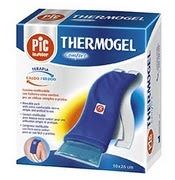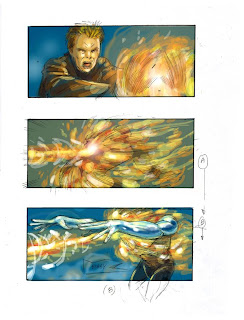You change your mind, Like a girl changes clothes, Yeah you P.M.S, Like a bitch, I would know, And you over think, Always speak cryptically, I should know, That you're no good for me, Cause you're
hot then you're
cold, You're yes then you're no, You're in then you're out, You're up then you're down, You're wrong when it's right, It's black and it's white, We fight we break up, We kiss we make up,You, you don't really wanna stay no, You, but you don't really wanna go, You're
hot then you're
cold, You're yes then you're no, You're in then you're out, You're up then you're down, We used to be, Just like twins, So insync, The same energy, Now's a dead battery, Used to laugh, About nothing, Now you're plain boring, I should know, That you're not gonna change, Cause you're
hot then you're
cold, You're yes then you're no, You're in then you're out, You're up then you're down, You're wrong when it's right, It's black and it's white, We fight we break up, We kiss we make up, You, you don't really wanna stay no, You, but you don't really wanna go, You're
hot then you're
cold, You're yes then you're no, You're in then you're out, You're up then you're down, Someone call the doctor, Got a case of love bi polar, Stuck on a roller coaster, And I can't get off this ride. You change your mind, Like a girl changes clothes, Cause you're
hot then you're
cold, You're yes then you're no, You're in then you're out, You're up then you're down, You're wrong when it's right, It's black and it's white, We fight we break up, We kiss we make up, You're
hot then you're
cold, You're yes then you're no, You're in then you're out, You're up then you're down, You're wrong when it's right, It's black and it's white, We fight we break up, We kiss we make up,You, you don't really wanna stay no, You, but you don't really wanna go, You're
hot then you're
cold, You're yes then you're no, You're in then you're out, You're up then you're down.














































